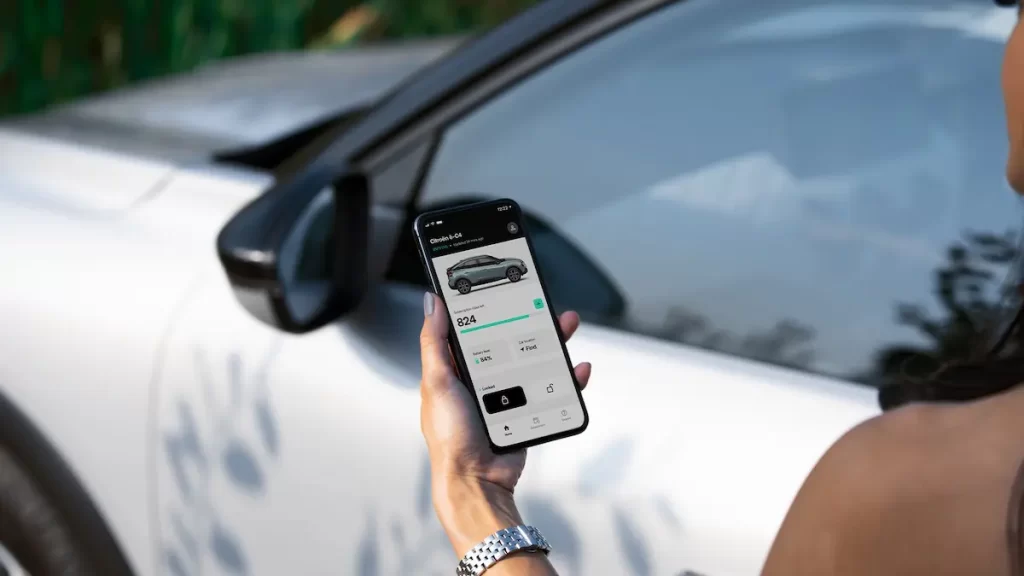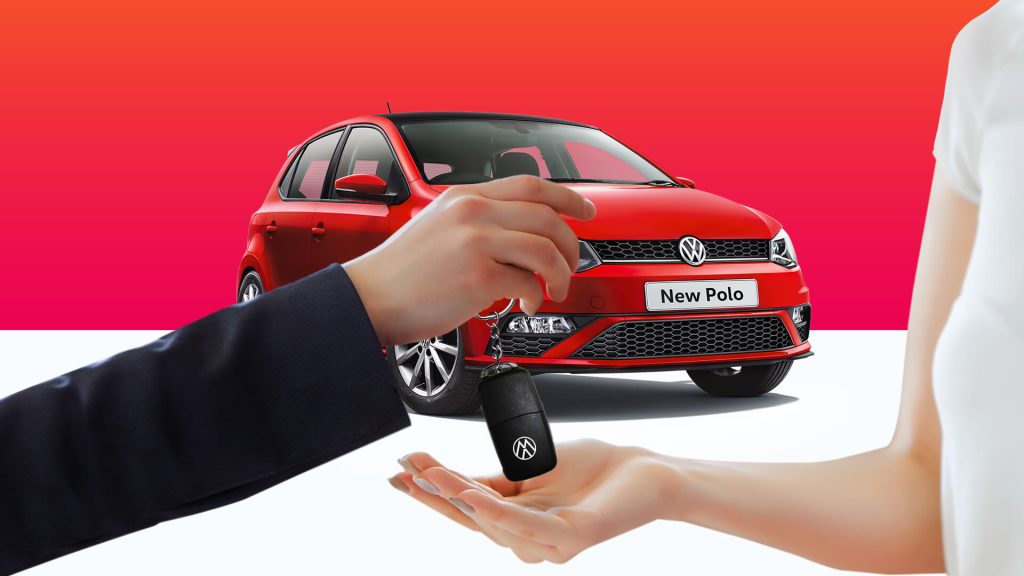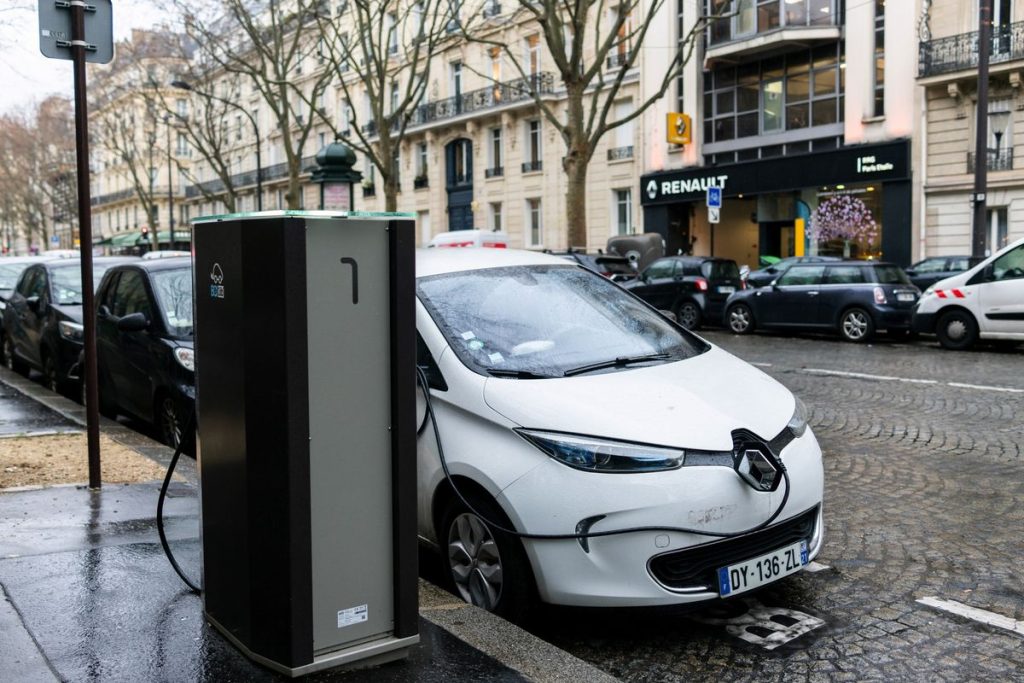Efficient vehicle delivery solutions have become paramount in today’s fast-paced world, where convenience and speed are key components of customer satisfaction. Whether it is a car dealership fulfilling orders, a rental agency managing its fleet or an individual relocating across the country, the demand for streamlined delivery processes is ever-growing. One of the primary strategies for enhancing efficiency in vehicle delivery is the utilization of advanced logistics technologies. Automated routing and scheduling systems optimize delivery routes, considering factors like distance, traffic patterns, and delivery windows, to ensure timely arrivals and minimize fuel consumption. Integration with GPS and real-time tracking enables constant monitoring of vehicles in transit, providing customers and stakeholders with accurate updates on delivery statuses. Furthermore, the adoption of data analytics plays a crucial role in refining delivery operations. Historical data on delivery times, routes, and customer preferences can be analyzed to identify trends and patterns, allowing companies to anticipate demand fluctuations and allocate resources more effectively.
Predictive analytics can also help in proactive maintenance scheduling, reducing the risk of unexpected breakdowns and delays. In addition to technological advancements, collaboration within the supply chain ecosystem is essential for optimizing vehicle delivery. Partnerships between manufacturers, logistics providers, and dealerships enable seamless coordination and communication throughout the delivery process. By sharing data and resources, stakeholders can streamline workflows, reduce redundancies, visit site and ultimately deliver vehicles to customers more efficiently. Another key aspect of efficient vehicle delivery solutions is sustainability. With growing concerns about environmental impact, businesses are increasingly seeking ways to minimize their carbon footprint. Electric and hybrid vehicles, and alternative fuel options, are being integrated into delivery fleets to reduce emissions and promote eco-friendly practices.
Additionally, initiatives such as route optimization and vehicle pooling help minimize fuel consumption and reduce the number of vehicles on the road, further contributing to sustainability efforts. Customer experience is paramount in the realm of vehicle delivery, and providing convenient and flexible delivery options is essential for ensuring customer satisfaction. Offering choices such as home delivery, dealership pickup, or delivery to a designated location provides customers with the flexibility to choose the option that best suits their needs. Moreover, providing transparent communication throughout the delivery process, including real-time updates and tracking information, helps build trust and confidence in the brand. Last but not least, continuous improvement is critical for staying ahead in the competitive landscape of vehicle delivery. Regular evaluation of delivery processes, gathering feedback from customers and stakeholders, and implementing necessary adjustments are vital for enhancing efficiency and addressing evolving customer needs. By embracing innovation and agility, businesses can adapt to changing market dynamics and deliver superior vehicle delivery experiences.



